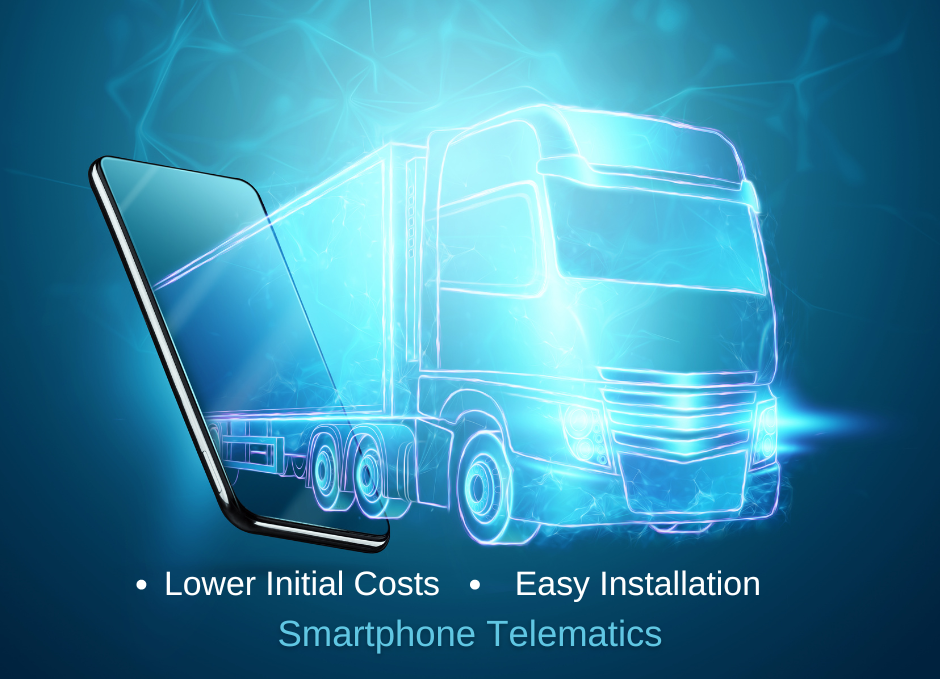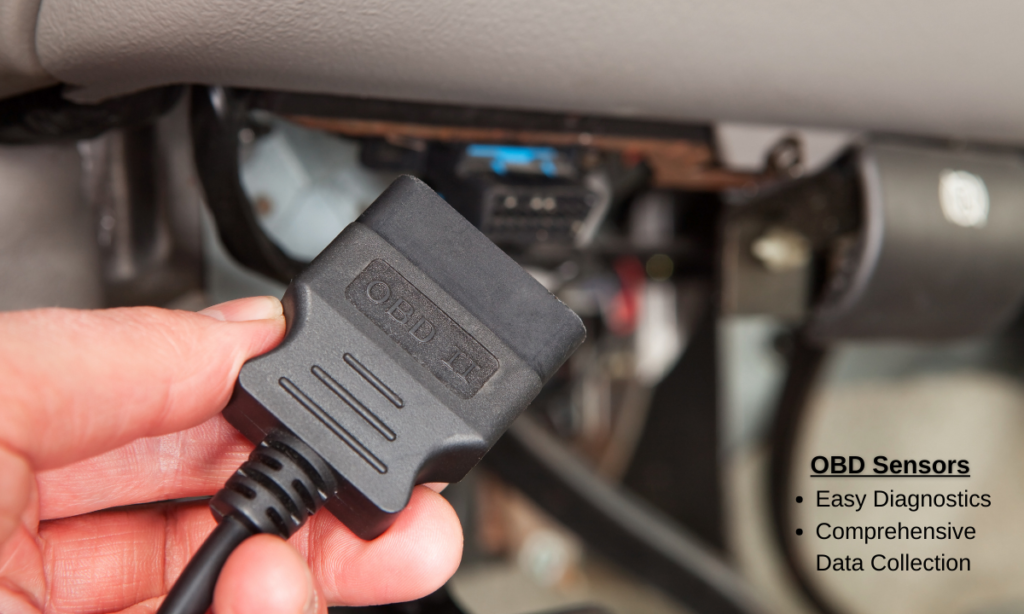A recent study by Berg Insight reveals that the number of active fleet management systems in Africa will grow at a compound annual growth rate of 16.4% to reach 7.0 million units by 2025. This explosive growth underscores the critical role of telematics devices in revolutionizing fleet management across the continent, with Nigeria at the forefront of this technological adoption.
Telematics devices are the unsung heroes of modern fleet management, offering unprecedented insights into vehicle performance, driver behavior, and operational efficiency. If you’re running a fleet operation in Nigeria, understanding the various types of telematics devices is crucial for making informed decisions that can significantly impact your bottom line.
What are Telematics Devices
Telematics devices are sophisticated pieces of hardware that combine telecommunications and informatics to provide real-time data about vehicles. These devices collect, transmit, and analyze a wide range of information, from GPS location and speed to engine diagnostics and fuel consumption.
Importance of Telematics Devices in Fleet Management
The importance of telematics devices in fleet management cannot be overstated. They serve as the eyes and ears of fleet managers, providing crucial data that enables informed decision-making. By offering real-time insights into vehicle and driver performance, telematics devices help optimize routes, reduce fuel consumption, enhance safety, and improve overall operational efficiency.
[Image Placeholder: Infographic showing the key data points collected by telematics devices and their impact on fleet management]
Types of Telematics Devices
1. Smartphone Data Collection

Smartphone-based telematics solutions leverage the power of mobile devices to collect and transmit vehicle data. This method is cost-effective and easy to implement, making it popular among small to medium-sized fleets.
Advantages of smartphone data collection include low initial costs and easy installation. However, it may lack some advanced features found in dedicated hardware solutions.
2. Self-Powered Data Collection
Self-powered telematics devices are battery-operated units that can be easily installed in any vehicle. They’re ideal for mixed fleets or when a plug-and-play solution is needed.
These devices offer flexibility in installation and can be moved between vehicles. However, they require periodic battery replacement or recharging.
3. OBD Data Collection

OBD (On-Board Diagnostics) telematics devices plug directly into a vehicle’s OBD-II port. They provide detailed engine diagnostics and are known for their easy installation and comprehensive data collection.
OBD devices offer rich vehicle health data but may be limited in older vehicles without OBD-II ports.
4. Black Box Data Collection
Black box telematics devices are hardwired into the vehicle’s electrical system. They offer the most comprehensive data collection and are typically used in larger commercial fleets.
These devices provide the most robust and tamper-resistant solution but require professional installation.
5. OEM Embedded Data Collection
Some modern vehicles come with built-in telematics systems from the Original Equipment Manufacturer (OEM). These integrated solutions offer seamless data collection without the need for additional hardware.
OEM embedded systems provide a factory-integrated solution but may limit flexibility in choosing telematics providers.
Learn more about our telematics solutions
Comparison of Telematics Device Solutions
To help you choose the right telematics solution for your fleet, here’s a comparison table of the different types of devices:
| Type | Installation | Data Quality | Cost | Best For |
|---|---|---|---|---|
| Smartphone | Easy | Good | Low | Small fleets, startups |
| Self-Powered | Easy | Good | Medium | Mixed fleets, temporary needs |
| OBD | Easy | Very Good | Medium | Medium fleets, detailed diagnostics |
| Black Box | Complex | Excellent | High | Large fleets, long-term use |
| OEM Embedded | Pre-installed | Excellent | Varies | New vehicle fleets |
Benefits of Using Telematics Devices
Telematics devices offer a multitude of benefits that can transform your fleet operations:
- Real-time vehicle tracking
- Improved fuel efficiency
- Enhanced driver safety
- Reduced maintenance costs
- Optimized route planning
- Increased productivity
- Better customer service
- Compliance with regulations
- Reduced insurance premiums
- Data-driven decision making
These benefits collectively contribute to significant cost savings and operational improvements, making telematics devices an essential investment for modern fleet management.
Applications of Telematics Devices in Fleet Management
Reduced Fuel Costs
Telematics devices help reduce fuel costs by monitoring driving behaviors that impact fuel consumption. By identifying and correcting inefficient practices like excessive idling or harsh acceleration, fleet managers can significantly cut fuel expenses.
Improved Safety Measures
Safety is paramount in fleet management. Telematics devices play a crucial role in improving driver safety by monitoring behaviors like speeding, harsh braking, and sudden acceleration. This data allows for targeted driver training and reduces the risk of accidents.
Enhanced Payroll Management
Accurate tracking of driver hours and routes simplifies payroll management. Telematics devices provide precise data on start and end times, breaks, and overtime, ensuring fair compensation and compliance with labor regulations.
Increased Operational Productivity
By optimizing routes, reducing downtime, and improving vehicle utilization, telematics devices significantly boost operational productivity. Real-time data allows for dynamic scheduling and rapid response to changing conditions, keeping your fleet running efficiently.
[Image Placeholder: Graph showing improvements in key metrics (fuel costs, safety incidents, productivity) after implementing telematics]
Key Takeaways
Telematics devices are revolutionizing fleet management in Nigeria, offering unprecedented insights and control over vehicle operations. From smartphone-based solutions to sophisticated black box systems, there’s a telematics device to suit every fleet’s needs and budget.
Key takeaways:
- Telematics devices are essential for modern fleet management
- Different types of devices offer varying levels of functionality and data quality
- Benefits include reduced costs, improved safety, and increased productivity
- The future of telematics promises even greater integration with emerging technologies
As telematics experts with over twelve years of experience in Nigeria’s transport industry, SalComms Trackers is uniquely positioned to help you navigate the world of telematics devices. Whether you’re looking to implement a new system or upgrade your existing fleet management solutions, we have the expertise to guide you towards the best solution for your needs.
USE TECHNOLOGY TO MAKE LIFE EASIER FOR YOURSELF, YOUR EMPLOYEES & YOUR CLIENTS